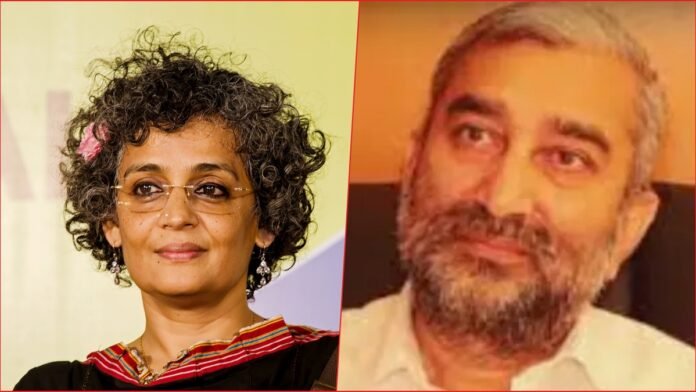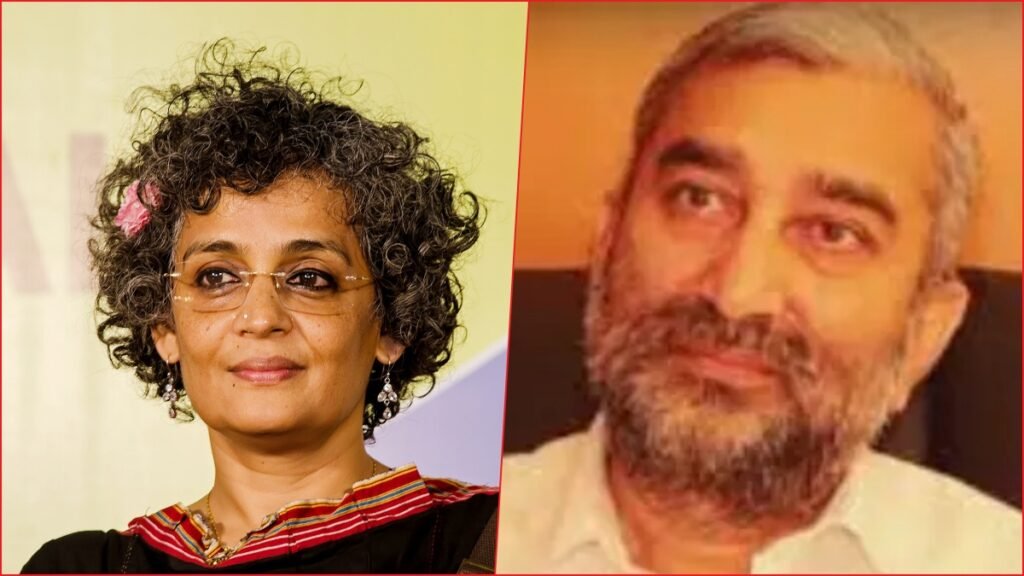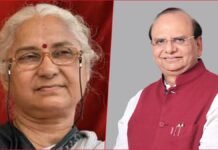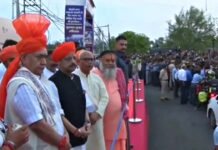
New Delhi: In a significant development, Delhi Lieutenant Governor V.K. Saxena has approved the prosecution of renowned writer Arundhati Roy and former Kashmir Central University professor Sheikh Shaukat Hussain under the stringent Unlawful Activities (Prevention) Act (UAPA). This decision follows allegations that they delivered inflammatory speeches during an event in 2010.
Court-Ordered FIR Sets Legal Proceedings in Motion
According to Raj Niwas officials, the legal proceedings began after a Metropolitan Magistrate from the New Delhi Court ordered the registration of an FIR against Roy and Hussain. The complaint that initiated this action was lodged by Sushil Pandit, a social worker from Kashmir, on October 28, 2010. As of now, neither Roy nor Hussain has issued a response to the prosecution’s approval.
Roots of the Case: Complaint by Social Worker Sushil Pandit
The case traces back to Pandit’s complaint, which accused Roy and Hussain of making provocative statements during a conference. On Friday, an official statement from Raj Niwas confirmed, “Delhi Lieutenant Governor VK Saxena has given sanction for prosecution under Section 45 (1) of the Unlawful Activities (Prevention) Act against Arundhati Roy and Dr. Sheikh Shaukat Hussain, former professor of international law at the Central University of Kashmir.”
Controversial 2010 Conference: ‘Azadi – Ekle Rasta’
The contentious speeches were reportedly delivered at a conference titled ‘Azadi – Ekle Rasta,’ held on October 21, 2010, at the LTG auditorium on Copernicus Marg in Delhi. The discussions at the event allegedly centered on the promotion of Kashmir’s separation from India, which led to the current legal challenges faced by Roy and Hussain.

Legal and Political Implications
This move to prosecute under UAPA, a law often criticized for its stringent provisions, marks a significant escalation in the legal repercussions for speeches considered inflammatory. It also underscores the ongoing tensions surrounding the Kashmir issue and the sensitive nature of discussions about its political status. The outcome of this case could have broad implications for free speech and legal boundaries in India.













































